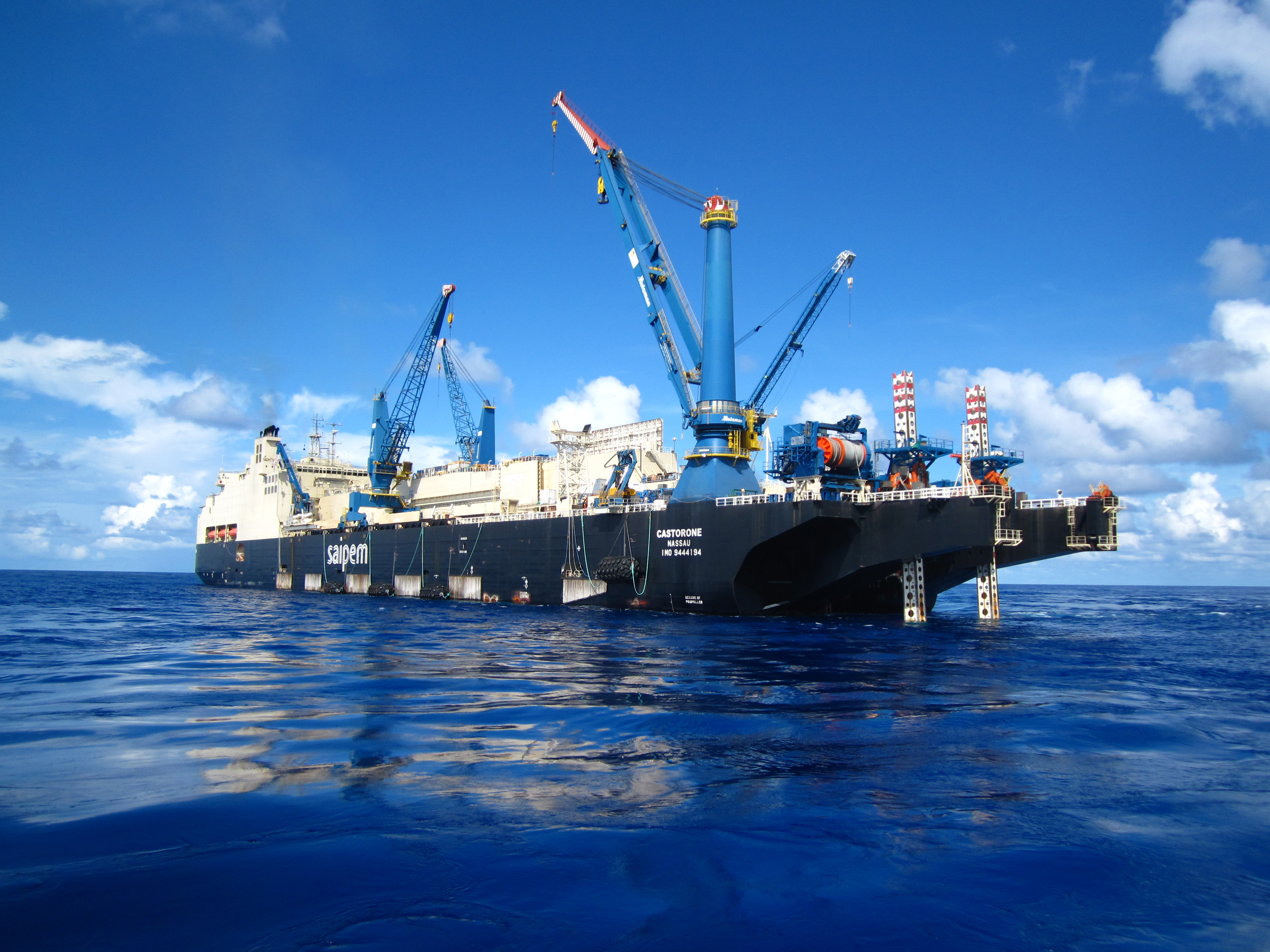Italy's Saipem Wins Two Contracts with Eni, BP Worth $700 Million
(Reuters) — Italian energy services group Saipem on Thursday said it was awarded two new contracts by Eni's Eni Congo and BP, worth a total of around $700 million.
The new contacts came after the Italian group announced a $1 billion contract in Libya on Wednesday and two others in Romania and Germany last week for a total value of around 1.8 billion euros ($2 billion).
The first contract announced on Thursday, with Eni Congo, is for the conversion of the Scarabeo 5 semisubmersible drilling unit, in the Republic of Congo offshore, into a separation and boosting plant, or Floating Production Unit (FPU), feeding natural gas to a nearby floating LNG unit.
This is part of Eni's Congo LNG Project, the country's first natural gas liquefaction project, which is expected to reach an overall LNG production capacity of 3 million tons per year, or approximately 4.5 billion cubic meters per year, from 2025, Saipem said in a statement.
The contract with BP is for offshore activities in the Gulf of Mexico, related to the Argos FPU, a facility designed for oil and gas production in deepwater environments, the company said.
($1 = 0.9080 euros)
Related News
Related News

- Enbridge Plans 86-Mile Pipeline Expansion, Bringing 850 Workers to Northern B.C.
- Intensity, Rainbow Energy to Build 344-Mile Gas Pipeline Across North Dakota
- U.S. Moves to Block Enterprise Products’ Exports to China Over Security Risk
- 208-Mile Mississippi-to-Alabama Gas Pipeline Moves Into FERC Review
- Strike Pioneers First-of-Its-Kind Pipe-in-Pipe Installation on Gulf Coast with Enbridge
- U.S. Pipeline Expansion to Add 99 Bcf/d, Mostly for LNG Export, Report Finds
- A Systematic Approach To Ensuring Pipeline Integrity
- 275-Mile Texas-to-Oklahoma Gas Pipeline Enters Open Season
- LNG Canada Start-Up Fails to Lift Gas Prices Amid Supply Glut
- Kinder Morgan Gas Volumes Climb as Power, LNG Demand Boost Pipeline Business





Comments